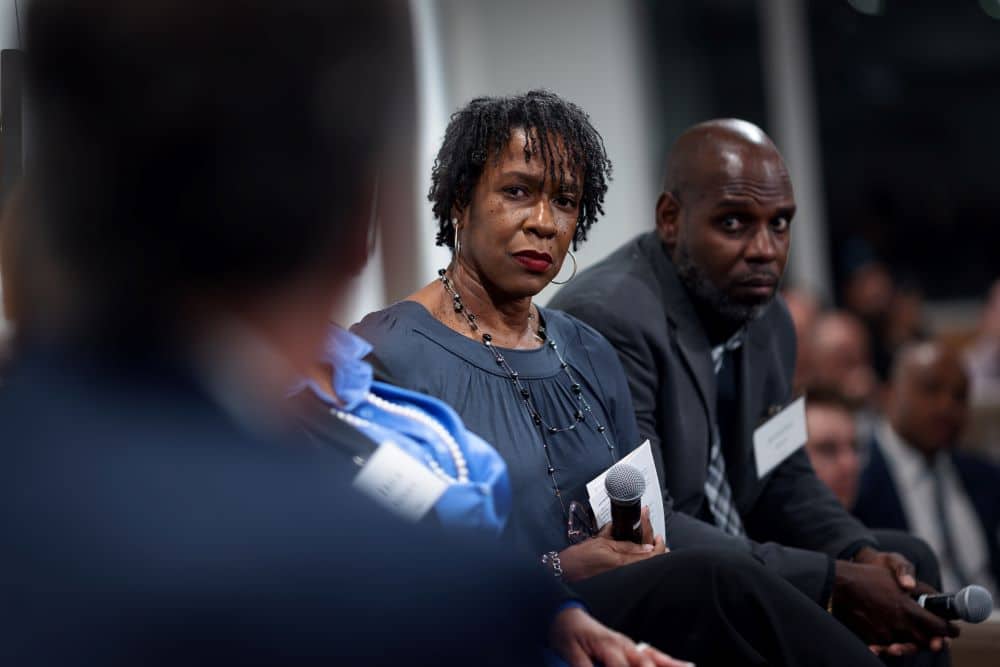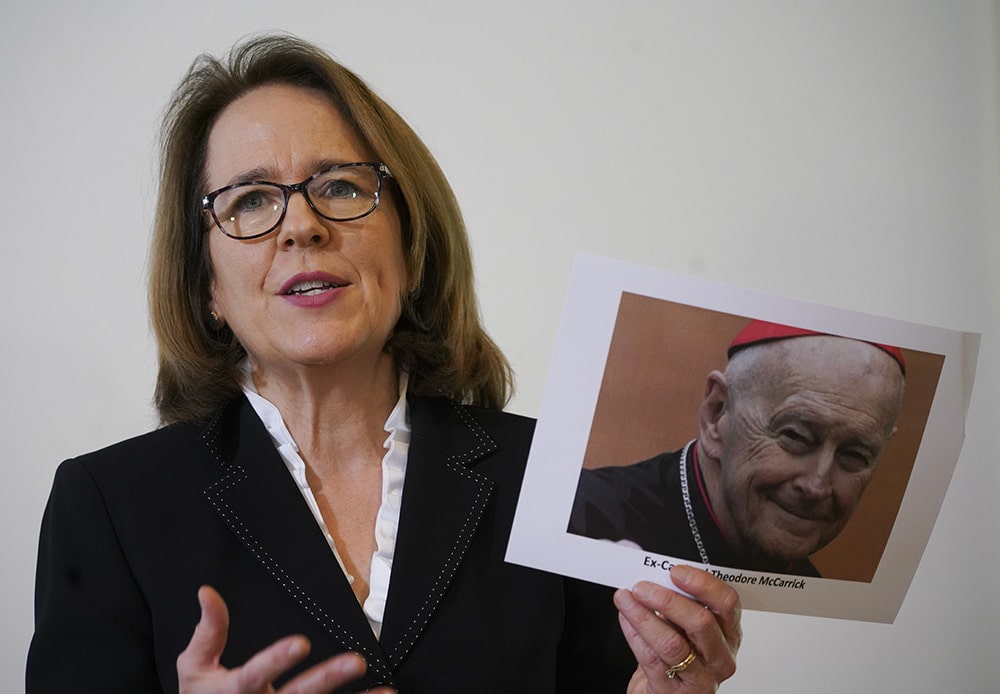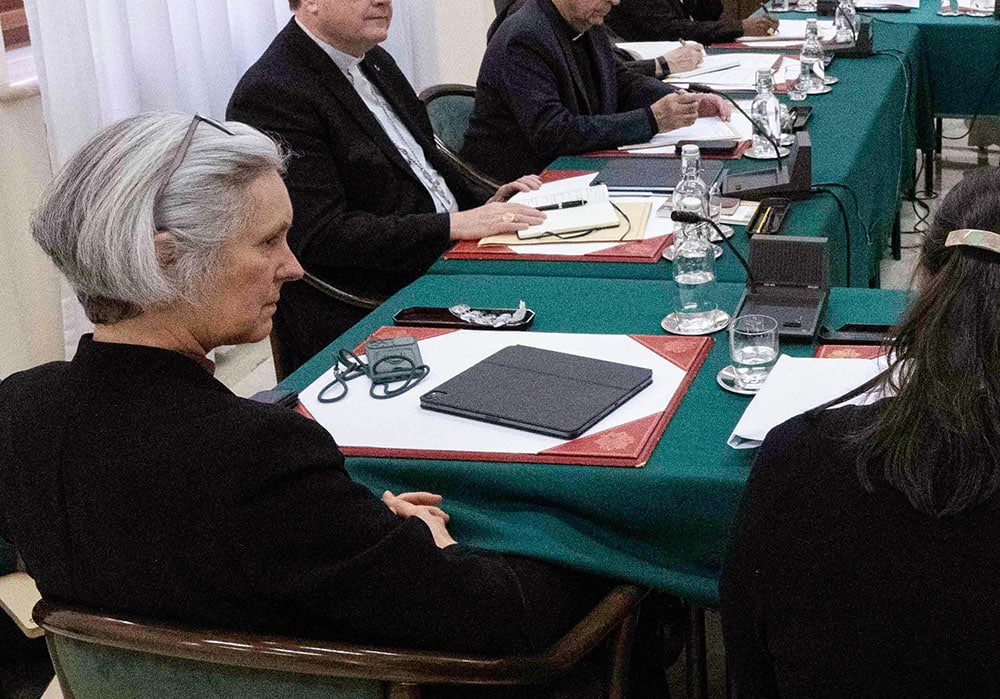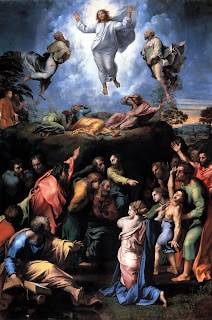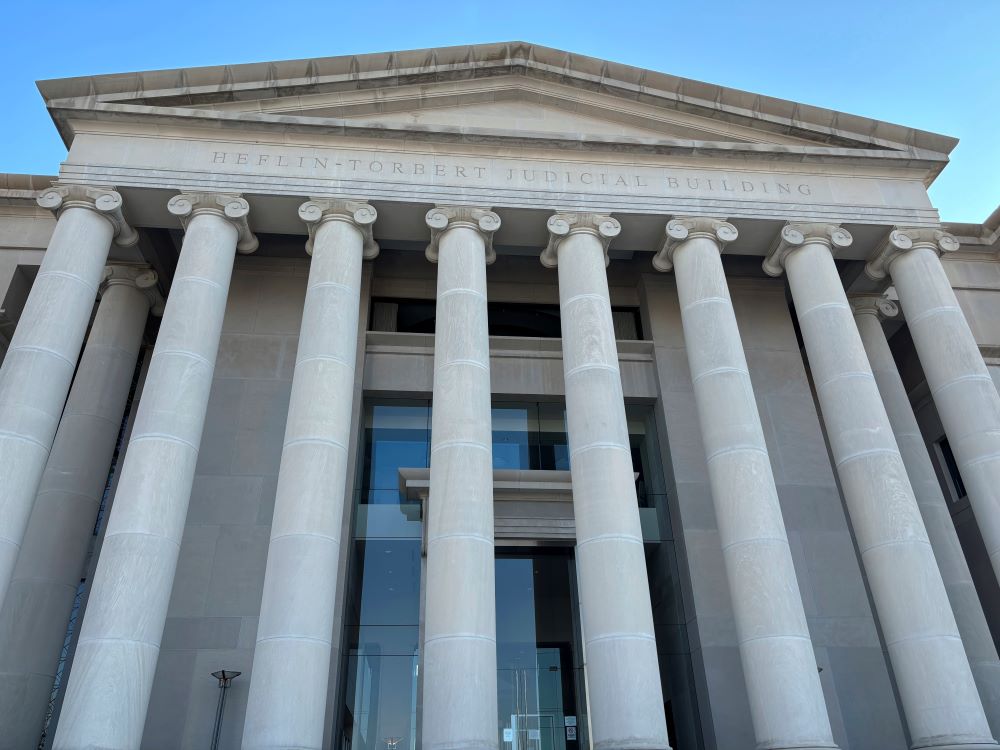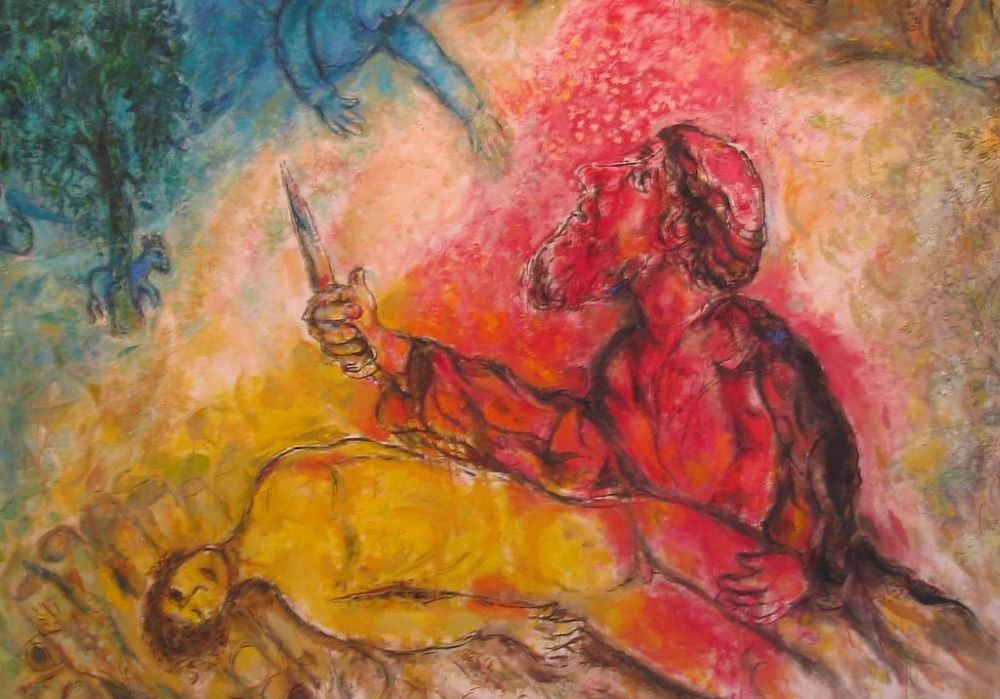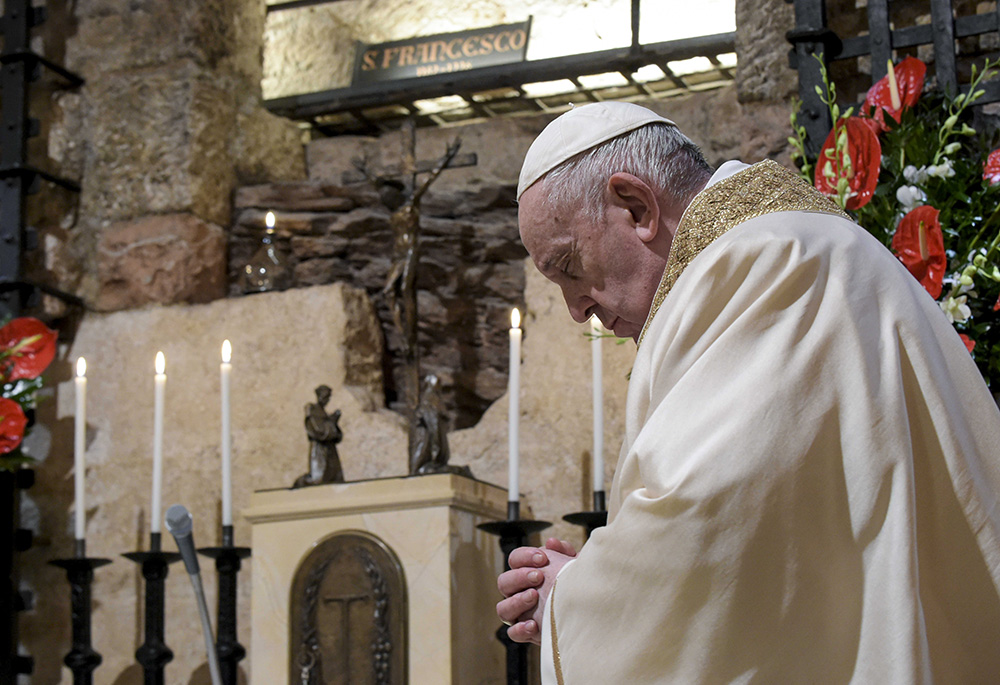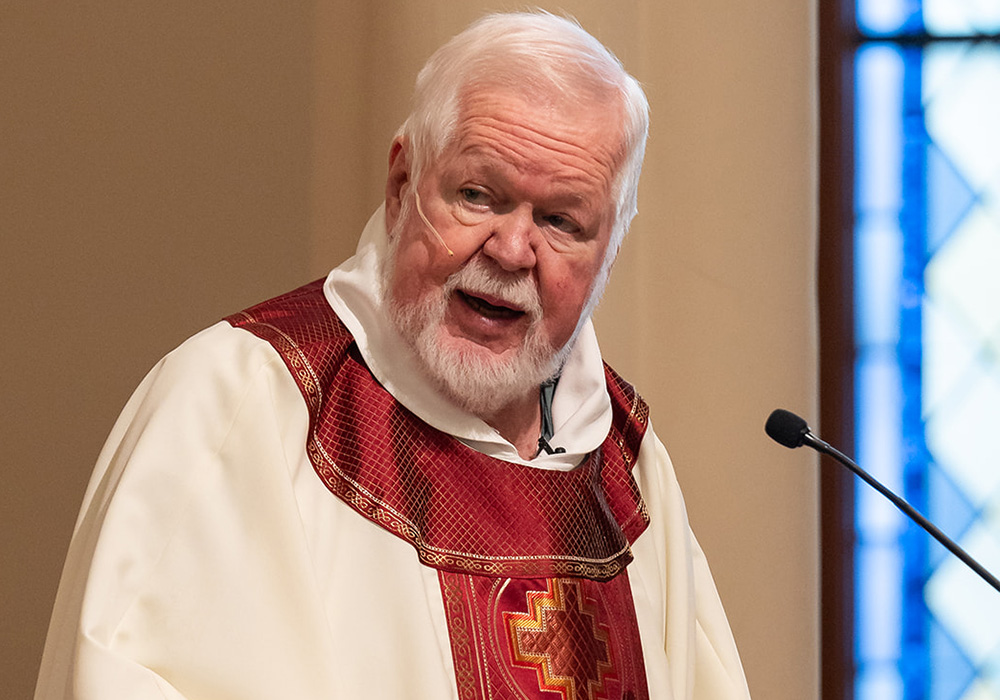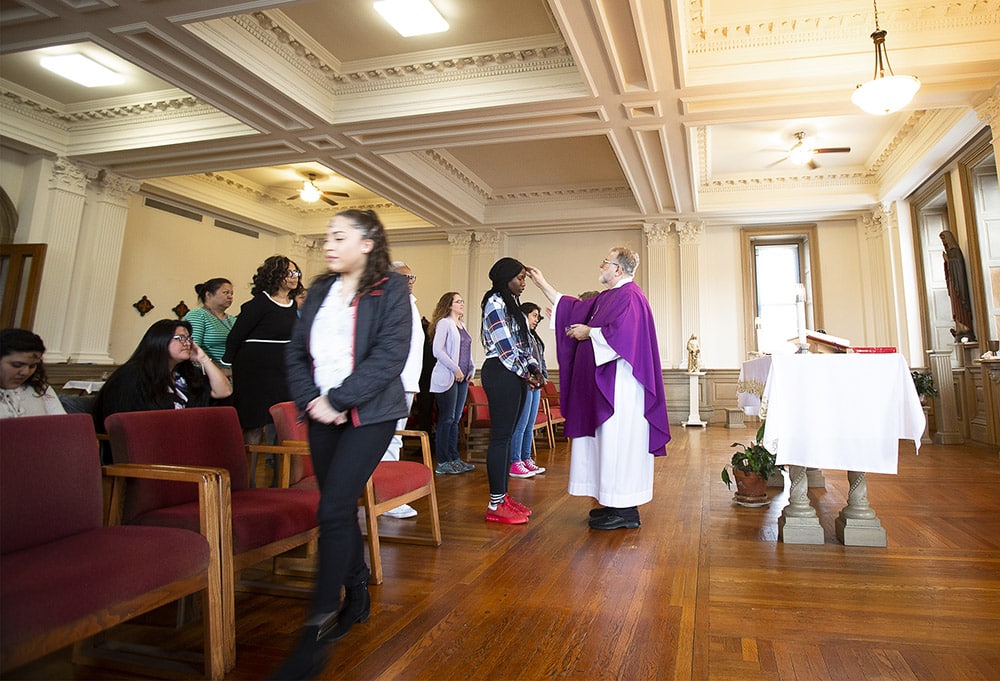
The morning Fr. René Constanza, president of the Paulist Fathers, spoke with National Catholic Reporter, a member of his community had died in hospice care. It was a poignant reminder of the topic of the scheduled interview: the Paulists’ declining numbers, and their recent announcement that « we have discerned that change is coming. »
In an undated letter signed by Constanza on the Paulist website — titled « An Important Message From the President of the Paulist Fathers » — he wrote, « The current reality of fewer Paulists demands that we enter into a process by which we decide which ministries we can continue to staff and which we will have to entrust to others to carry on the good work we’ve begun. »
An accompanying chart anticipates the potential ministerial shift, projecting a continuous contraction of numbers: In 2004, there were 98 Paulists in active ministry. Twenty years later, in 2024, that number has shrunk — by almost half — to 50 in active ministry. And of those, almost two-thirds — 62% — are in their 60s, 70s, and 80s.
By 2034, the Paulists predict they’ll have only 31 members in active ministry.
For Constanza, the necessity to plan ahead became first priority after his June 7, 2022, installation as president. The General Assembly — the highest deliberative body of the Paulist community — met immediately afterward to determine priorities for the next four years.
« From that assembly of two weeks, we knew that this is the reality and we need to take a look at all these ministries that we have — and we need to start making decisions now and be proactive, and not just be reactive, » Constanza told NCR. « I feel that it’s important for us to start doing that — because the worst thing is for us to just be in a reactive mode. »
« In some ways, » said Costanza, « that’s where we’re at. But we still have the luxury of imagining — reimagining — our mission, and then locating our resources and personnel based on that. »
The Paulists’ losses, said Jesuit Fr. Thomas Gaunt — executive director at Georgetown University’s Center for Applied Research in the Apostolate (CARA) — are not surprising.
« I wouldn’t say it’s more dramatic than the average; it’s about average, » Gaunt noted. « They’ve lost about half. Overall, there’s been a decline of about 35, 40% — so it’s not that different. The loss and decline is really due to the large number of men who entered religious life post-World War II, » he said.
« The declining in numbers is really mortality. That’s what’s driving this more than anything else, » said Gaunt.
Paulists serve in nine U.S. states and the District of Columbia, primarily at parishes, college centers, and through various ministries, programs and offices.
Advertisement
Constanza’s letter is direct: « We believe that sometime this year we will likely have to say farewell to two or three parishes or institutions where Paulists are currently serving, » it reads.
« Additionally, this process will likely involve reimagining some of our national ministries with different structures or leadership, » it continues.
The letter adds that « no decisions have yet been made, but they will be soon. »
Soon, Constanza told NCR, will be a March 5-6 General Council meeting. Consisting of nine Paulist Fathers, the General Council meets quarterly.
Elaborating, Constanza emphasized, « No decisions have been made because we don’t have a list of ‘These are the three or five or whatever that we’ll be choosing.’ We don’t have that. We will be discerning that — but we have been collecting data from our various ministries for a long time now. »
The mission « is quite clear, » Constanza said. « One of the criteria that we will be assessing, based on Paulist mission and charism: How do the ministries allow us to live our charism now, and also help us fulfill our mission in the next five years? »
Of special concern are those on the peripheries of the church.
« We listed those in that assembly, » said Constanza. « Women, we need more women in leadership in our ministries; the members of the LGBTQ+ community, those who identify as LGBTQ+; those in their 20s and 30s; and people of color. »
What will remain consistent, said Paulist Fr. Dave Dwyer — first consultor of the Paulist Fathers and host of SiriusXM satellite radio’s « Busted Halo » show — is their dedication to evangelization through the media.
« We remain committed to using the modern media to spread the Gospel, for sure, » Dwyer told NCR. « What that will look like later this year, or five years, or 10 years from now — quite honestly, I hope it will look different. Because I hope that means that we’re responding to the signs of the times. »
Reflecting on the Paulists’ founder, Fr. Isaac Hecker — whose canonization cause was taken up by the U.S. Conference of Catholic Bishops in November 2023 — Dwyer emphasized flexibility. « Just because Fr. Hecker started publishing in print — I mean, I think if he was alive today, he’d say, ‘Well, I probably need a TikTok account,’ » said Dwyer.
Constanza said, « Every time we have to leave places, it’s also sad for us, a dying for us. And yet, we have to realize like St. Paul — who was a great missionary — he left, but he left communities and laypeople that understood the Gospel and the mission, and they were the ones who spread it. »
Laypeople, he believes, will have an ever more critical future role.
« There’s no other way, » Constanza said. « And it’s sad that many are only understanding this aspect of it when push comes to shove. It shouldn’t be that way. It should be that we understand the importance of lay leadership; we value it — and we know that this is the way forward for the church. »
